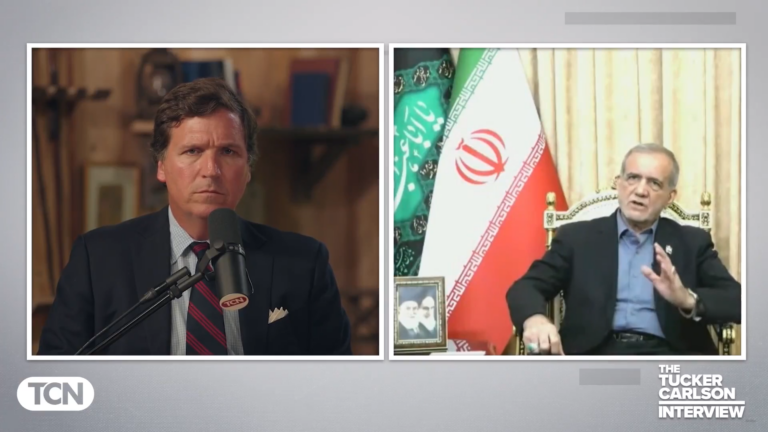President Donald Trump is proving to be an erratic negotiating partner as he punts policy issues to Congress and then sends conflicting signals about what he really wants.
His rapid backpedal this week on a short-term health care is the latest example, and it’s left Republicans and Democrats scratching their heads.
“The president has had six positions on our bill,” an exasperated Sen. Patty Murray, D-Wash., said Wednesday after Trump offered multiple reads on a bipartisan plan to keep health insurance markets in business. Trump ultimately ended with a thumbs-down.
Nine months into office, Trump has shown a preference for delegating to lawmakers on everything from health care and immigration to foreign policy. Sometimes he creates situations that demand a congressional solution. In other cases, he sets difficult-to-achieve broad policy goals and expects lawmakers to fill in the fine print.
Along the way, he’s proved to be an unpredictable force. He encouraged Sen. Lamar Alexander, R-Tenn., to work with Murray on a bipartisan solution on insurer payments, only to announce after some wavering that he wouldn’t support it.
He was tweaking Congress again on Thursday, tweeting support for a Senate GOP budget plan as the “first step toward massive tax cuts,” but suggesting there was uncertainty about the votes.
“I think we have the votes, but who knows?”
Republicans leaders were moving forward with a degree of certainty as only one GOP senator, Rand Paul of Kentucky, has expressed opposition.
Despite controlling both chambers of Congress and the White House, Republicans have achieved no major legislative successes this year. Their efforts on health care have ended in failure, leaving tax overhaul legislation as their only hope for a major win.
Some Republicans have grown resentful, and they’re looking ahead to the 2018 elections with apprehension.
Most shy away from public criticism, arguing that the president is simply looking to Congress to do its job and pass legislation. If the work is piling up, they say, it’s because former President Barack Obama took executive steps that were actually in Congress’ domain, and now Trump needs congressional help to unwind them.
They point to immigration, where Obama acted unilaterally to extend protections to immigrants who were brought to the country illegally as children, and the Iran nuclear deal, where Trump’s decision not to certify Tehran compliance kicks the future of U.S. participation to Congress.
“Look, our job is our job and it’s our responsibility, it’s our job to get this done,” said Rep. Cory Gardner, R-Colo. “I’m not going to try to lay the blame at somebody else.”
Trump doesn’t have any such hesitation.
“I have great relationships with actually many senators, but in particular with most Republican senators. But we’re not getting the job done,” the president said this week. “And I’m not going to blame myself, I’ll be honest. They are not getting the job done.”
Trump’s unpredictability makes it hard for lawmakers to keep up with his latest positions.
“I hadn’t heard that. I thought yesterday he was liking it,” Sen. David Perdue, R-Ga., remarked in surprise on Wednesday when asked about Trump’s opposition to the insurer payments deal Alexander crafted with Murray. Indeed, Trump had spoken favorably about the deal around midday Tuesday, only to reverse course by the time evening rolled around.
On immigration, Trump at different times in recent weeks has offered to work with Democrats to protect young immigrants for deportation, denied such a deal is in the offing and suggested he could step in and craft a fix of his own.
Trump’s allies argue he is just pushing lawmakers to enact the agenda they were elected on. A newcomer to legislative politics, Trump also brings a business and showman’s perspective to negotiations, relishing drama and surprise.
Critics say Trump is comfortable making Congress the fall guy.
“He sees Congress’s public approval ratings lower than his. So he feels he has an advantage over Congress,” said Douglas Brinkley, a presidential historian at Rice University. “Whenever there’s a policy issue that’s thorny or undoable, he boots it to Congress to figure it out.
Brinkley added: “It’s the opposite of a buck-stops-here approach with Harry Truman.”
Sen. Bob Corker, R-Tenn., who’s announced plans to retire and recently has been critical of Trump, says the president takes a different approach than past leaders.
“The more standard route is for the administration to lay out, for instance on health care … a series of bullet points at the minimum, or a full bill. That’s typically the way things would work. So, yeah, it’s a very different way of governing and I think it’s one of the reasons you’ve seen the results to be what they are.”
Democrats are more pointed. Senate Democratic leader Chuck Schumer of New York said Trump is making everyone’s job harder.
“This seems to be his M.O.,” Schumer said. “He throws red meat to his right-wing base, whether it’s on health care, immigration, Iran, disaster aid, and then he says to Congress, ‘You fix it up.’ That’s not the way to lead. That’s following.”
(AP)











